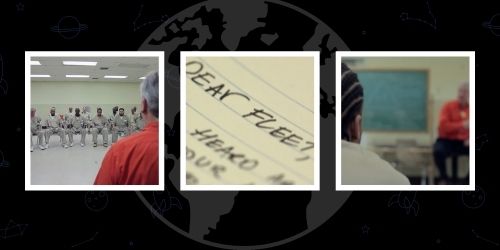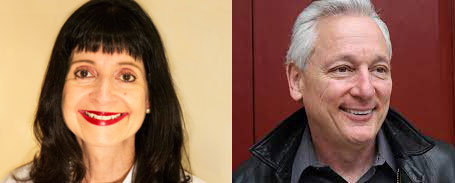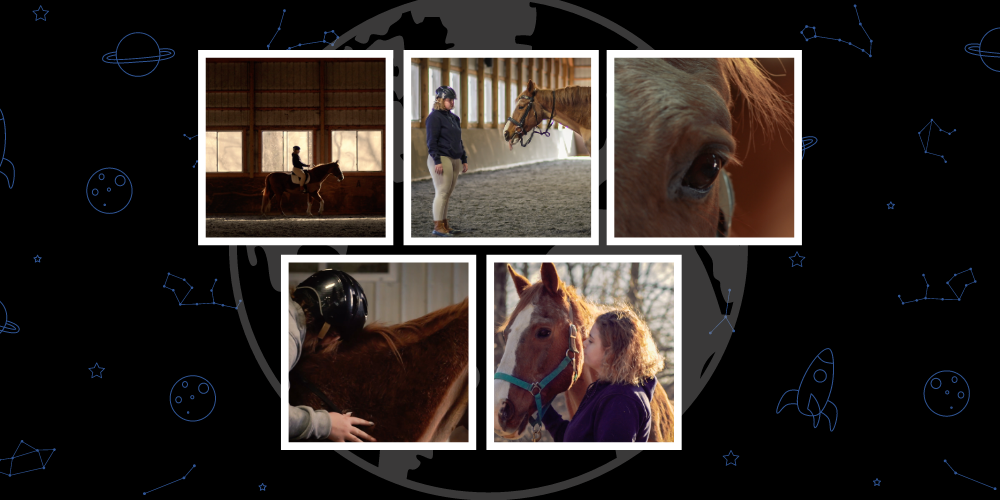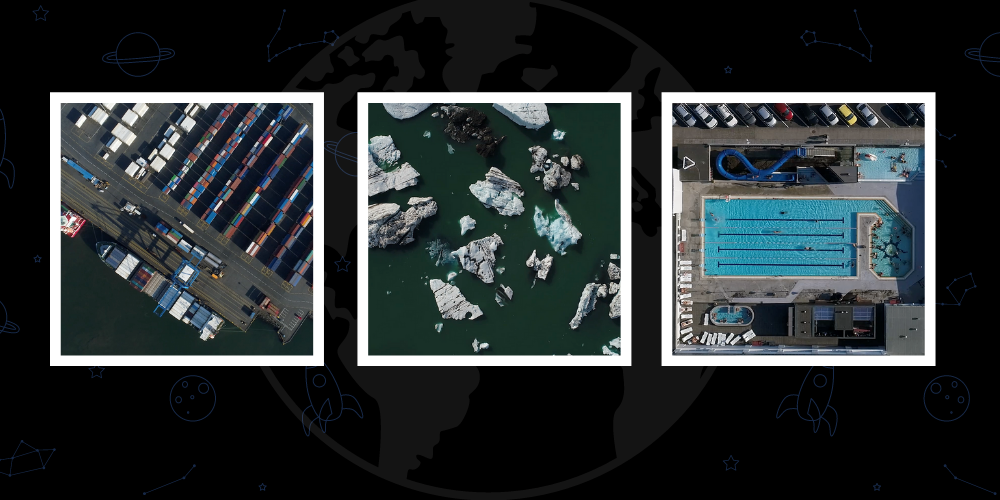This month, audiences can screen Path of Freedom, curated by the Global Oneness Project, on the Planet Classroom Network.
Directed by Emmanuel Vaughan-Lee, Path of Freedom follows former inmate Fleet Maull into the harsh environment of a Rhode Island prison as he shares his strategies for surviving on the inside. The film offers a rare glimpse into the inner lives of men reaching for forgiveness, inner peace and freedom behind bars. What’s changed in prison reform since 2012?
The Global Search for Education is pleased to welcome Fleet Maull.
In 2012, Path of Freedom introduced us to the harsh environment of a Rhode Island men’s prison. In the film we follow you, a former inmate, as you visit the prison. What do you believe has changed since the movie was made and why?
Prior to the Covid-19 pandemic, I do not believe there were significant changes to the policies, environment, or the daily life of the incarcerated persons and the staff in the Rhode Island facilities. In 2012, when the film was made, incarceration rates had been declining for several years and continued to do so before leveling off at the current rate of 289 per 100,000, a rate less than half the national average. Racial disparities in incarceration nonetheless remain egregious in Rhode Island as elsewhere in the U.S. As with correctional facilities everywhere, the Covid-19 pandemic brought very significant pressures and potential changes. Both prisoners and staff have been extremely vulnerable to Covid-19 infection since the pandemic began, and vaccination rates have lagged for correctional staff, remaining at approximately 69% in 2021. The Rhode Island Department of Corrections did eliminate medical co-pays for incarcerated people due to the pandemic, a change that should be made permanent in order to end this unjust practice.
What for you, are the main takeaways from Path of Freedom for teachers and students who will be screening and studying this film?
Here’s how I would describe the main takeaways from the film. First, incarcerated people are just like the rest of us, normal human beings struggling to get their needs met, often with insufficient education, knowledge, and skill along with histories of adverse childhood experiences and other traumas. Second, approximately 95% of all incarcerated persons will be released to the community at some point; thus the salient question is: How can we assure that the largest percentage of those people will be prepared to reintegrate into the community as law abiding, productive citizens upon their release? Third, incarcerated people can and will change their lives in positive ways given the opportunity and sufficient support and education. Fourth, incarcerated people respond to the self-empowering message of embracing personal responsibility and choice as a pathway to personal freedom. Fifth, adult incarcerated persons are adult learners and respond well to and benefit from adult education vs. the patronizing parent-child context of many prison programs. Finally, the combination of mindfulness and emotional intelligence training offered in the Path of Freedom curriculum provides incarcerated people with the knowledge and skills they need to get their needs met and navigate life’s challenges in healthy, prosocial ways.
The pandemic inspired prison reform. People incarcerated across the world are being disproportionately affected by the COVID-19 pandemic, according to a UN expert on prison reform. What is your advice to those working on reform and policy at present? What do you believe are the key areas they must focus on?
First, drastically reduce the prison population through significant sentencing reform and ending the practice of returning citizens to jail or prison on technical probation and parole violations – reserving incarceration primarily for violent offenders who represent a significant risk to others and/or themselves. Secondly, eliminate the racial disparities in sentencing laws and policies, prosecutorial decisioning-making, sentencing decisions, parole decisions and law enforcement altogether. I would build a robust, evidence-based community corrections and treatment system and infrastructure designed to actually support people struggling with behavioral and mental health issues, including addictions, while allowing them to remain in the community where they can continue to parent their children, maintain employment, pay taxes and contribute to their communities. I would radically change the recruiting profile and mechanism for attracting people into the law enforcement and corrections field in order to attract individuals interested in helping others change their lives. I would radically change the education and training for law enforcement and corrections professionals with a primary focus on social work and a necessary, but secondary focus on security and the appropriate use of restraint and force; and finally, I would give incarcerated people the right to vote in national and state-wide elections.
In the film, you talk among other things about the importance of problem solving skills. You note that that lack of these skills is what lands many people in prison in the first place. How does your work today help people to develop those skills and other competencies they need to thrive in a changing world?
The Path of Freedom program, created by our executive director, Vita Pires, and the work our nonprofit does with incarcerated persons, corrections and public safety professionals, and the general public, are all about training and empowering people to recognize and embrace the power choice, personal responsibility, and self-leadership by seeing and letting go of self-limiting negative core beliefs and victim mindsets, and learning to self-regulate their own autonomic nervous system through mindfulness and breath regulation. This leads to a greater capacity for emotion regulation and for consciously directing our own behaviors, putting us in a self-leadership position and more in charge of our own destiny. Training in mindfulness, emotional intelligence and self-regulation increases overall well-being, which is highly correlated with prosocial behaviors and positive life outcomes. The training also increases and sustains the resilience we need to successfully navigate an increasingly challenging world.
Thank you Fleet!
C. M. Rubin and Fleet Maull
Don’t Miss Path of Freedom, curated by the Global Oneness Project, now showing on the Planet Classroom Network.







Recent Comments